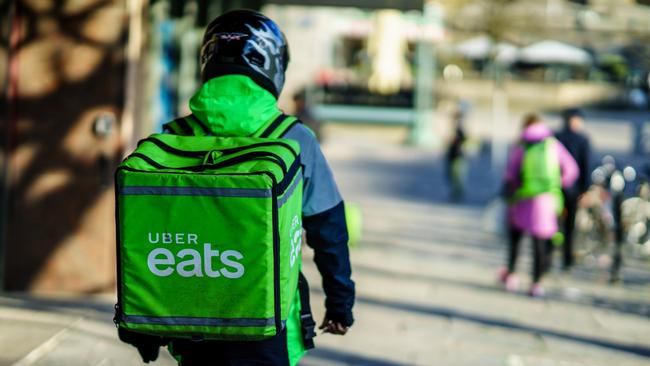
The desire to study in Australia has never been far away from the desire to stay in Australia and establish a life here as a permanent resident and, eventually, a citizen.
As international student numbers have grown through the years this has created pressures. But we’ve kept them in check through the skilled migration program, which filters international graduates, prioritising for permanent residency those with the skills to contribute the most.
Through the years this system has worked well, but never perfectly because international education and migration are a potentially volatile mix.
On the one side are students who are highly motivated to get the most out of the investment they have made in their Australian educational qualification. And for a lot of them, particularly those from low-income countries, that means doing all they can to stay in Australia.
Then you have the burgeoning private education industry which, particularly at the vocational end, attracts a few dodgy fringe players. They are more than willing to partner with shady education and migration agents to exploit student visas as a backdoor way to move to Australia and hopefully gain permanent residency.
If not managed carefully, this mixture blows up. It has before, in 2009 and 2010, when there was a flood of non-genuine students rushing into Australia to take advantage of rules that, for example, defined pastry chefs as a skill in short supply that would earn students migration points. This rush of students coincided with safety problems for students – Indians in particular – that caused severe damage to Australia’s reputation as an education destination.
We don’t want a repeat of that, so we should be taking very seriously a report from the Grattan Institute this week that argues that we are building up large numbers of international graduates in Australia on temporary visas whose hopes of permanent residency are going to be dashed.
The Grattan report, Graduates in Limbo: International Student Visa Pathways after Graduation, says we have more generous post-study work visas than comparable countries. Currently we have double the temporary graduate visa holders in Australia than were here before and during the pandemic and, on current trends, we will nearly double the number again (from 200,000 now to 370,000 in 2030) in the next few years.
Few of these visa holders will manage to stay on in Australia as permanent residents. There are, in total, about 1.5 million temporary migrants in Australia and only 137,100 permanent skilled visas will be granted in 2023-24 – and there is a much larger pool of people competing for these than just international students.
In recent years the proportion of former international students on temporary graduate visas who succeed in transitioning straight to permanent residency has fallen – from about two-thirds of those issued with temporary graduate visas in 2014, down to 30 per cent in 2018. As a result the temporary graduate visa holders are finding other ways to stay on in Australia.
An increasing number are returning to study – 16 per cent of those issued with temporary graduate visas in 2014, rising to 32 per cent in 2018.
Most choose a cheaper vocational course, even if they already have a university degree, suggesting that it is for reasons other than education.
These people are highly motivated to stay in Australia and, more than likely, they would be perfectly fine permanent residents if they were permitted to stay. But the problem is, under Australia’s current migration numbers, most won’t get permanent residency. And it’s highly unlikely that Australia’s migration program is going to grow in the coming years given high house prices and dwelling shortages.
Nor is Australia’s labour market accepting these international graduates into jobs that their qualifications would normally open the door to. Grattan’s analysis shows that international graduates who remain in Australia are less likely to have jobs, and more likely to earn less, than domestic graduates. Many of them turn to low-skill jobs because employers – often reluctant to hire people on temporary visas – won’t offer them roles they are trained for.
Grattan does not argue that graduate temporary visas should end. It says their duration and eligibility should be cut back, and that international graduates who are high performers should be encouraged to stay in Australia.
Overall, it says, people should not be left in limbo, using up valuable years of their lives in fruitless pursuit of permanent residency.
The Parkinson migration review, to which the Albanese government will respond on Wednesday, made similar points. So we may well see migration policy go down this track.
If the government takes it up it won’t be a strike against Australia’s international education industry. Rather it will be move aimed at ensuring that education exports – which are rapidly growing back to the $40bn a year level reached before the pandemic – are structured to be sustainable in the long term.




Australia’s highly successful international education industry has always had a symbiotic relationship with migration.